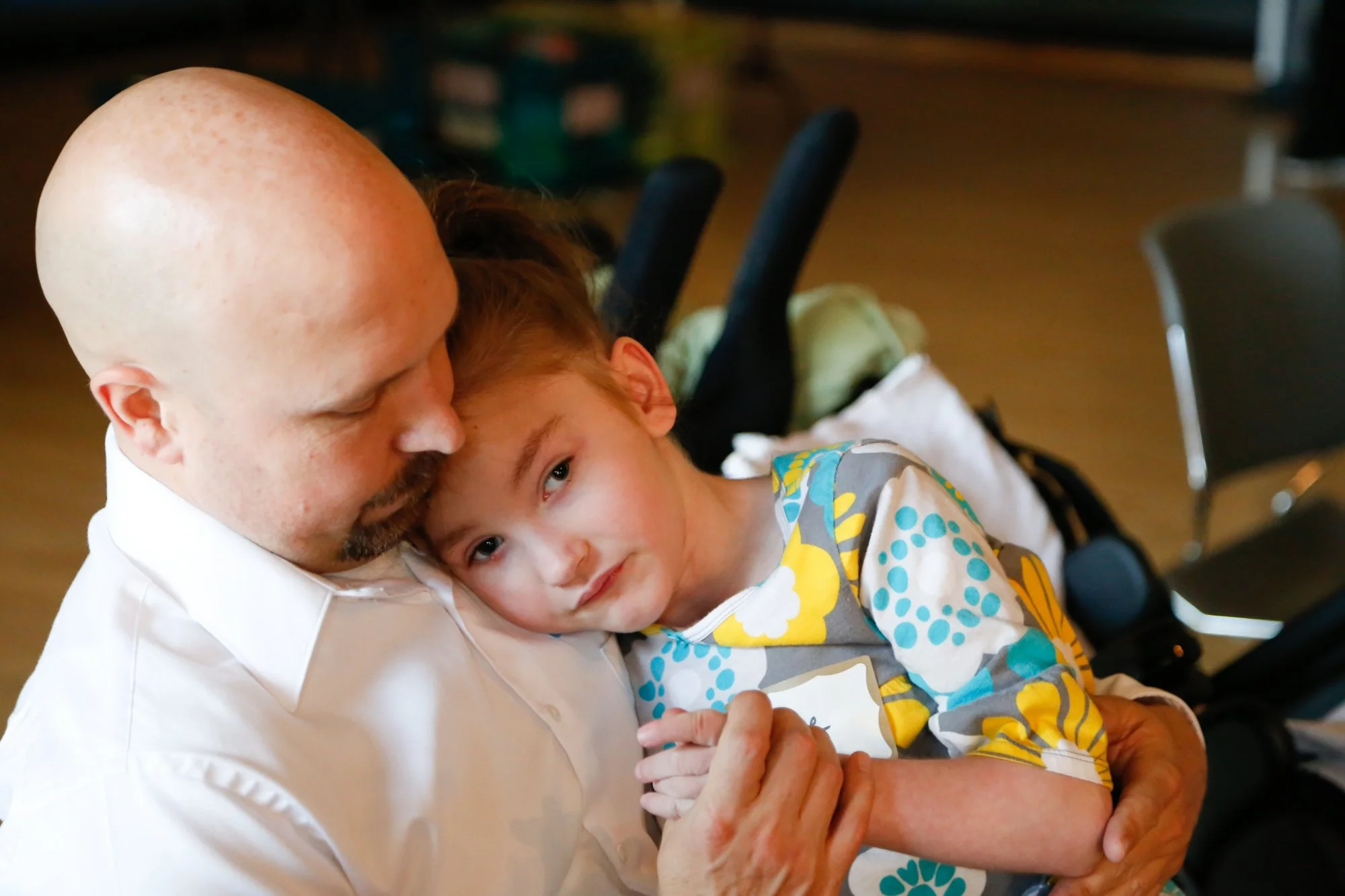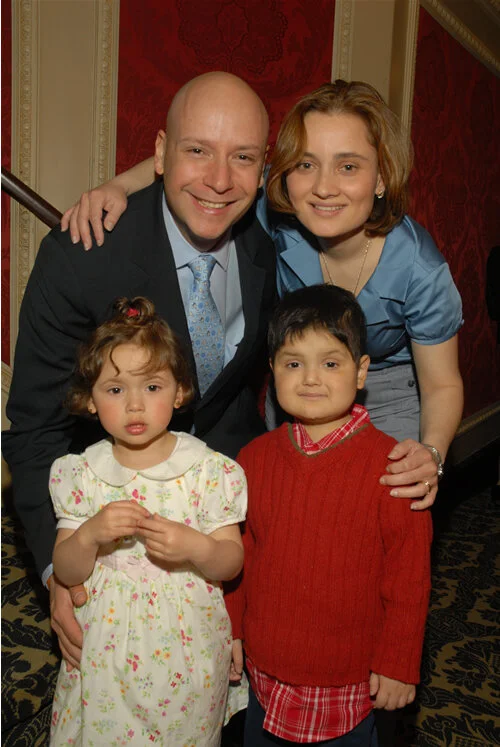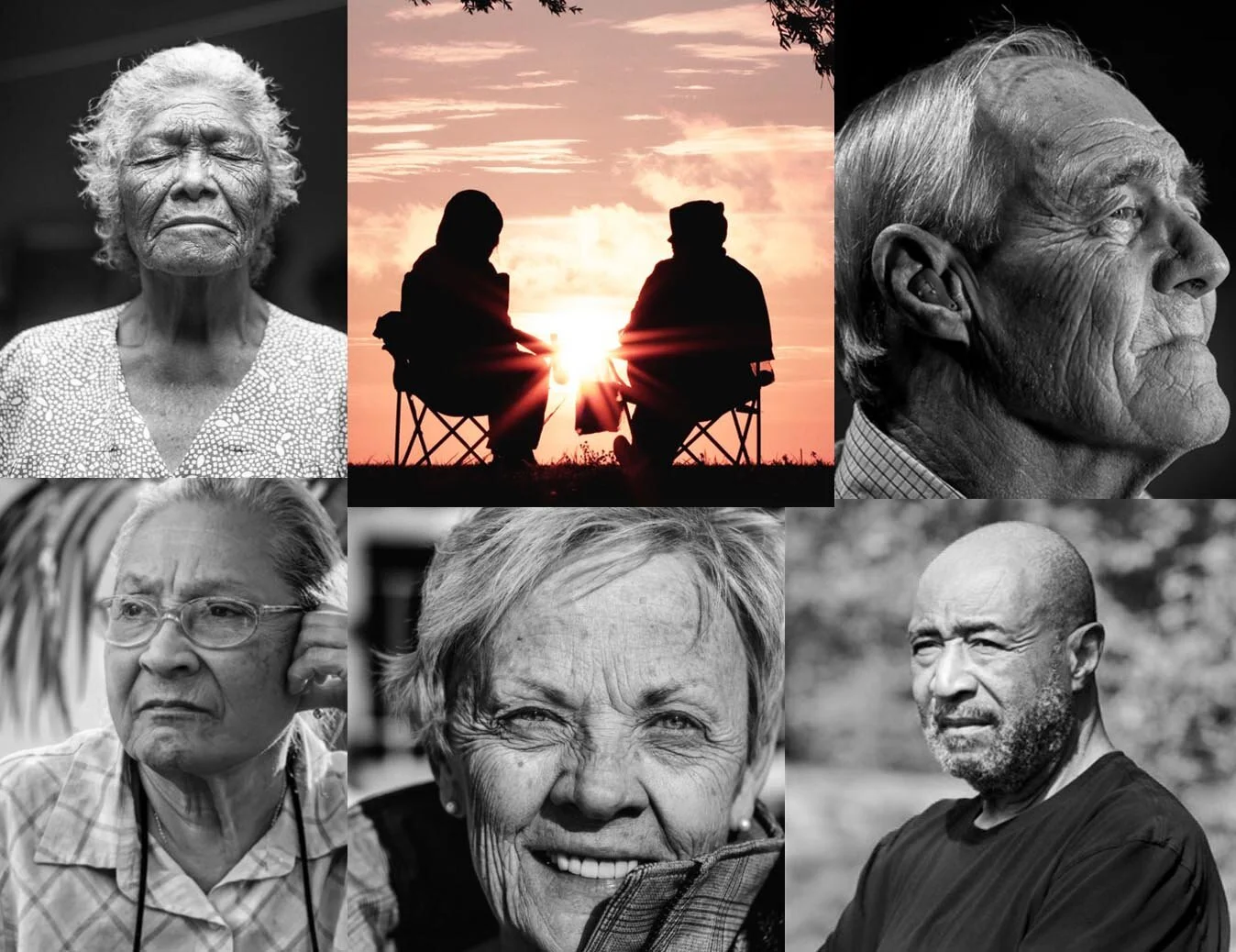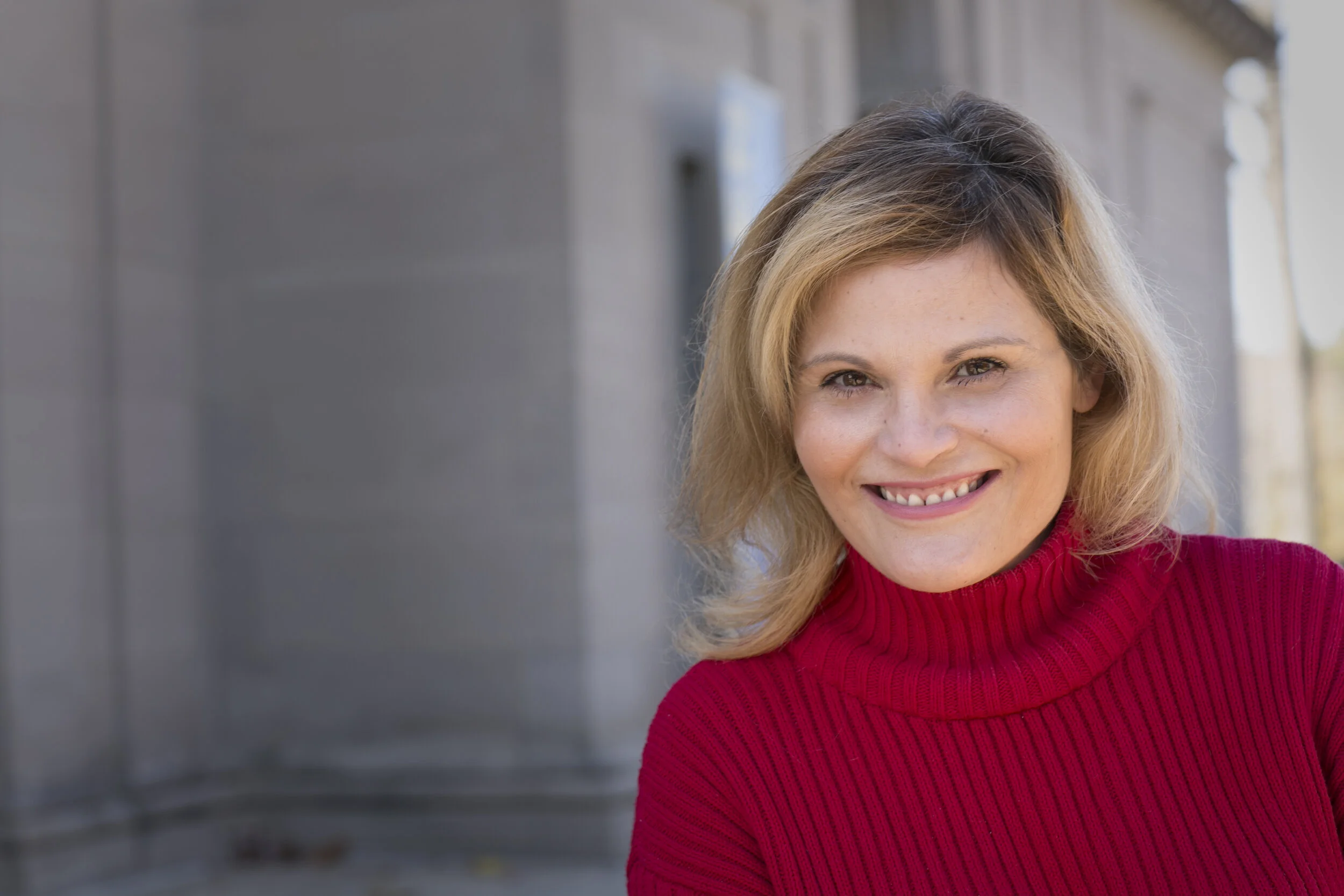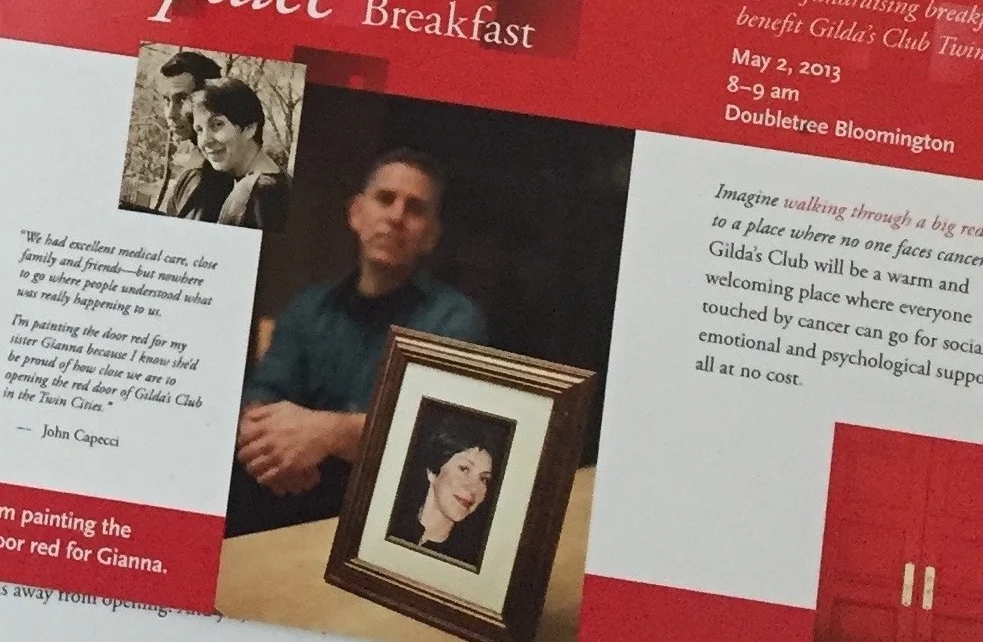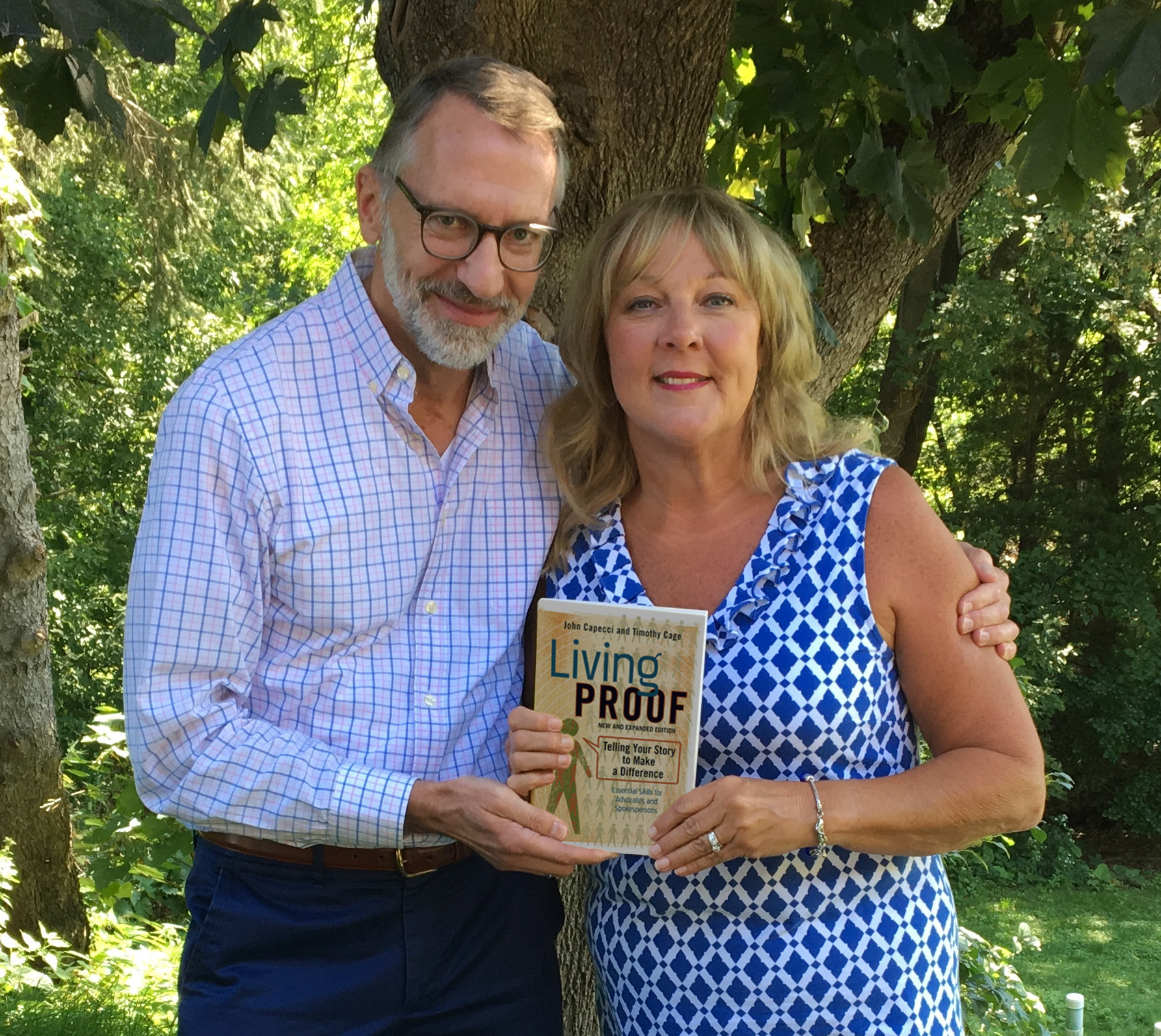Since speaking publicly in local high schools about his HIV-positive status only a few months after his diagnosis at age seventeen, Lawrence Stallworth II has addressed college students, doctors, and legislators, the United Nations and the United States Conference on AIDS. Now—at twenty-three—he’s the youngest member of the Presidential Advisory Council on HIV/AIDS.

In previous posts, we’ve talked about the challenge advocates face maintaining focus and staying committed to their advocacy–especially when challenged by or up against strong counternarratives.
But it’s not only when you are challenged that it’s important to maintain focus; it’s just as important when you are successful in your advocacy, when you deliver a lot of presentations and give countless interviews. As the value of your story is recognized, you may be called upon to speak more frequently, and you may attain a measure of local or national recognition. You may even find that “advocate” becomes your main public persona, and you are a frequent subject of media attention.
Given the impressive response to Lawrence’s advocacy, we thought he’d have a good perspective on this. Here’s what he says about his advocacy journey: “How many people are in my shoes? How many 23-year olds get to say, ‘I’m advising the President of the United States of America?’ Had you told me six years ago that I would be the new face of young black people living with HIV and AIDS, I would have said you were crazy.”
“Before HIV, I had an idea of what I wanted to do: I knew I wanted to help people. But I didn’t know how I wanted to do that. HIV gave me that purpose. So now I’m giving audiences an example of how young people can overcome adversity every single day, especially LGBT young people.”
—Lawrence Stallworth II, HIV/AIDS awareness advocate
Still, Lawrence remains focused on his advocacy goal: “This is a great thing for me…but it’s also not about me. It’s about helping my community and people who are living with HIV and AIDS. I see it as another platform, one where I get to make recommendations that will affect people’s lives. Fate has a way of putting you where you need to be.”
If you are fortunate to achieve this level of interest, heed the advice of other sought-after advocates and spokespersons: always remember why you chose to speak out. Keep that reason at the core of your advocacy and the focus will stay where it should be: on the positive change and the difference you want to make. Enjoy the increasingly larger platforms and audiences that your story and your advocacy have gained.
We congratulate Lawrence on his powerful advocacy and for sharing his story with us, more of which you can read in Living Proof: Telling Your Story to Make a Difference.

